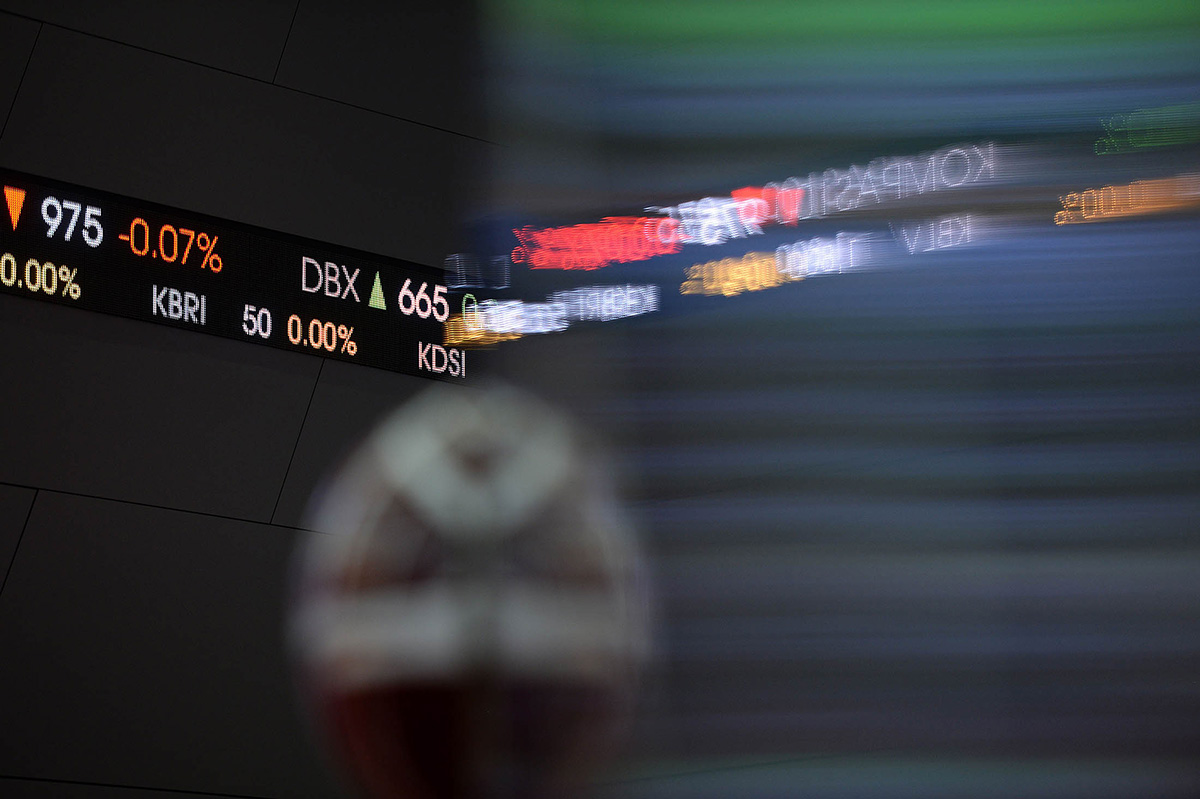Foreign investors, used to double-digit returns from Indonesian stocks, are suddenly deserting equities in favour of bonds following a sovereign rating upgrade and the central bank’s signal that it’s open to more interest rate cuts to spur growth.
Overseas funds withdrew more than $2.3 billion from Indonesian equities in the past three months, while investing an additional $9.2 billion in the country’s bonds so far this year, the most since all of 2014, according to data compiled by Bloomberg.
“It seems that funds are flowing to Indonesia’s bonds, especially after the recent rate cut, while stocks had already risen quite significantly amid the global equity rally,” said Takeshi Yokouchi, a senior fund manager in Tokyo at Daiwa SB Investments Ltd. with the equivalent of about $51 billion in assets. “Investors see Indonesia as a positive destination due to its political stability and fundamental improvements, and for bonds, especially with their higher yields, that scenario hasn’t changed.”
Daiwa SB holds more Indonesian bonds and rupiah in its funds than its model portfolio suggests. Slower-than-expected inflation in August also supports the case for further interest rate cuts, said Tariq Ali, a Singapore-based investment strategist at Standard Chartered Plc. Bank Indonesia saw room for further easing as inflation for this year and in 2018 is likely to remain “manageable,” Assistant Governor Dody Budi Waluyo said on Aug. 27. The central bank cut its benchmark rate to 4.5 percent on August 22, after lowering borrowing costs six times last year.
The Jakarta Composite Index has rallied 10 percent so far this year and touched an intraday record high on Aug. 24. The measure was valued at 16.6 times of its estimated earnings, ahead of its five-year average of 15.73 times, according to data compiled by Bloomberg. The stock benchmark trades at a 17 percent premium to the MSCI Asia Pacific Index.
The $9.2 billion inflows into fixed income assets has helped push the yield of the benchmark 10-year government bond to 6.57 percent, after it reached the lowest since June 2013 on September 5, according to data. – Bloomberg
